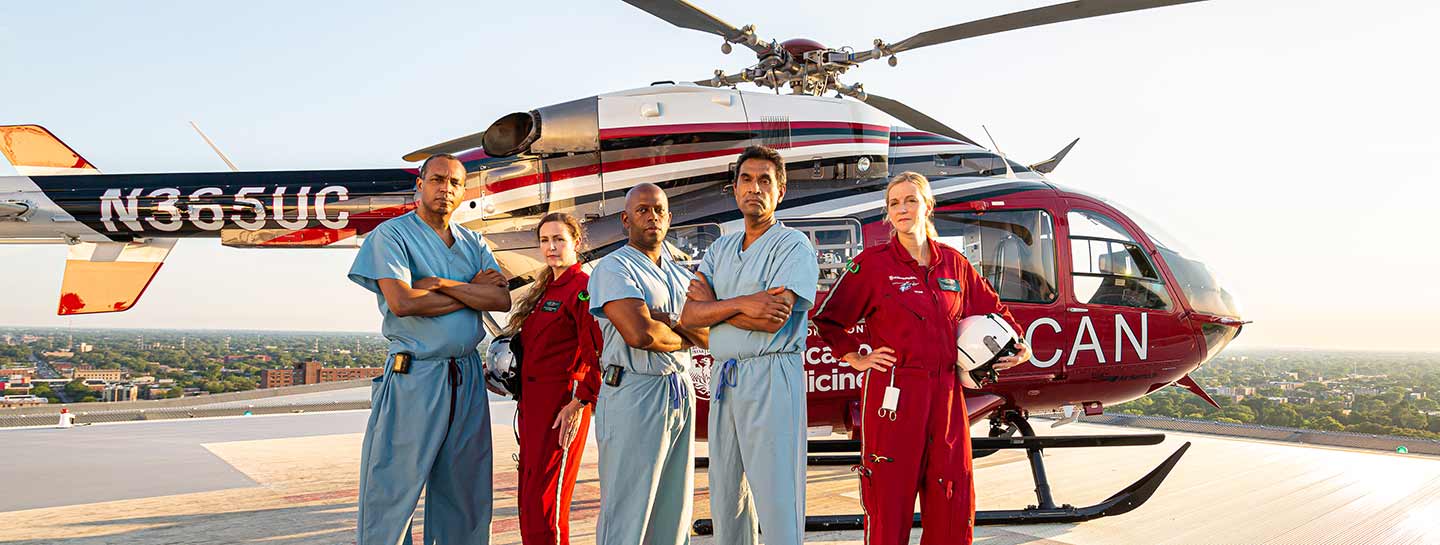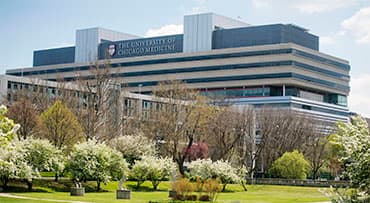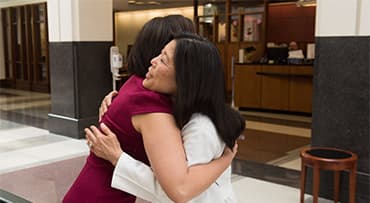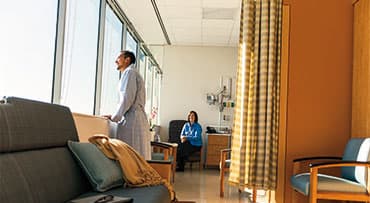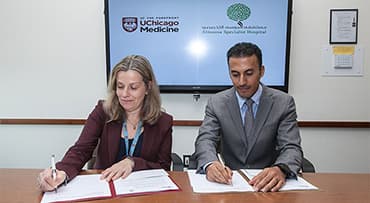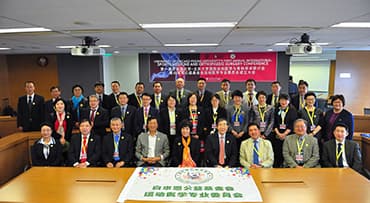Our Commitment to the World
UChicago Medicine is committed to providing the best treatment options and personalized services for international patients who come to Chicago for care. We are also determined to support the improvement of health care delivery globally by bringing international standards and best practices to hospitals around the world.
Interested in receiving updates from UChicago Medicine International Programs?
Subscribe NowInternational Program at UChicago Medicine

International Program at UChicago Medicine
Patients from all over the world come to UChicago Medicine for world-class care. The International Program at UChicago Medicine provides support for patients and families to help ensure they receive the best treatment while feeling at home in Chicago.

